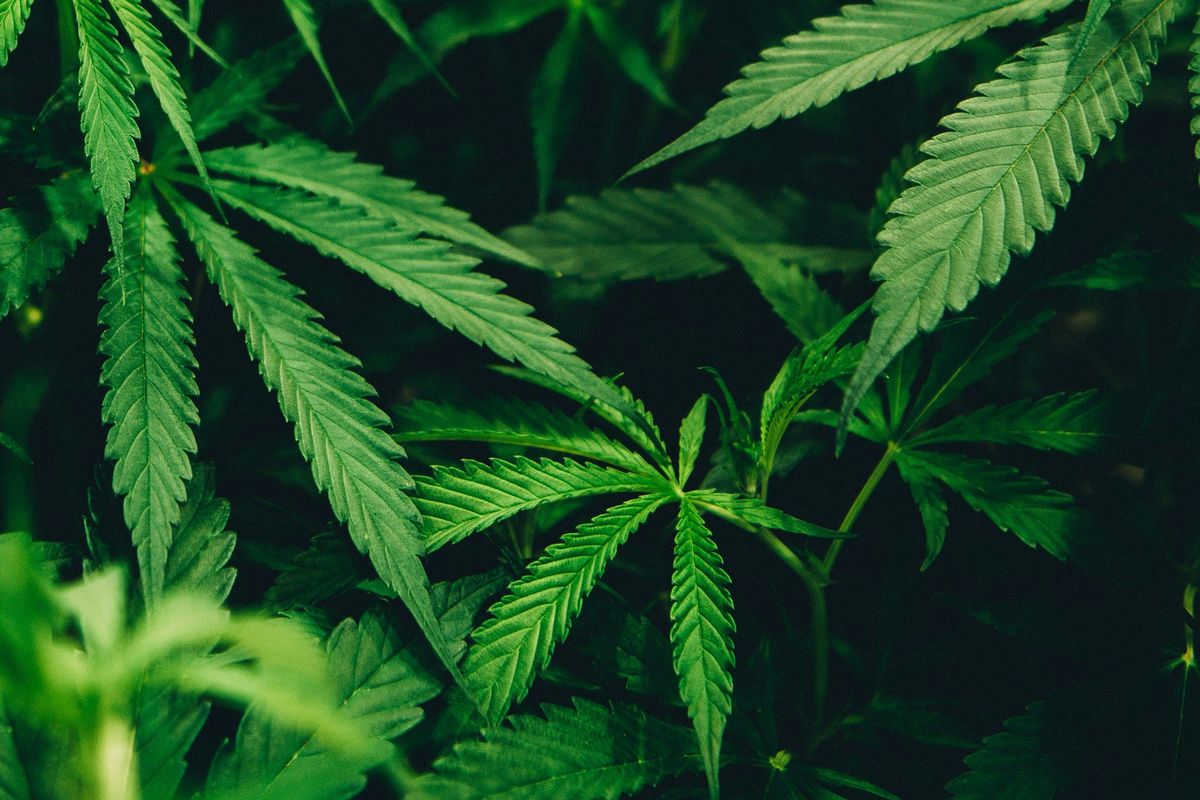Thailand Reverses Course on Cannabis, Moves to Recriminalize Amid Political Fallout
The new rules will come into force once published in the Royal Gazette, which could occur within days.

Thailand’s groundbreaking experiment with cannabis decriminalization is rapidly unraveling, with the government formally moving to reclassify the plant as a narcotic and ban recreational sales.
The decision has sent shockwaves through an industry once projected to be worth over US$1 billion.
The country’s Ministry of Public Health issued an order this week stating that cannabis only be sold with a medical prescription, effectively ending a short-lived era of liberal recreational access.
“Cannabis will be classified as a narcotic in the future,” Health Minister Somsak Thepsuthin said.
The decision follows the dramatic collapse of Thailand's ruling coalition last week.
The country's Bhumjaithai Party, which has championed decriminalization, withdrew from the alliance after Prime Minister Paetongtarn Shinawatra was embroiled in a diplomatic scandal involving Cambodia.
The party's departure has cleared the path for anti-cannabis forces in the Pheu Thai Party-led government to move forward with efforts to reintroduce criminal penalties.
Thailand made international headlines in 2022 when it became the first country in Asia to decriminalize cannabis.
But the rollout lacked comprehensive regulation. Although cannabis was removed from the narcotics list, no clear legal framework governed cultivation, sales or distribution. That regulatory void allowed a booming gray market to flourish, with over 18,000 dispensaries springing up across the country, particularly in tourist hubs like Bangkok and Pattaya.
The Thai Chamber of Commerce previously projected that the cannabis industry — spanning the recreational, medicinal and wellness sectors — could be worth US$1.2 billion by 2025.
But mounting public concerns about unregulated access, particularly among youth, shifted the political narrative.
“Many shops opened to sell cannabis both for recreational and medical purposes, allowing easy access for children and general people,” government spokesperson Jirayu Houngsub said.
“This contradicts the government’s purpose to crack down on drugs.”
Assistant Health Minister Thanakrit Jit-areerat pointed to Roi Et province, where cannabis use by minors under age 15 has become widespread.
Economic fallout in Thailand
The health ministry’s new order bans recreational sales entirely and reclassifies cannabis buds as a controlled herbal medicine. Consumers must now present prescriptions from licensed medical professionals to purchase cannabis legally.
Furthermore, shop operators must verify prescription validity, including the doctor’s registration, diagnosis and dosage, which is typically capped at 1 gram per day or 30 grams per month.
Purchases exceeding these limits will be investigated as potential recreational abuse.
Dr. Somrak Chingsaman, director-general of the country's Department of Traditional and Alternative Medicine, confirmed that over 18,000 dispensaries must now comply with these rules.
Random compliance checks and online training sessions for doctors and shop staff will begin in July.
For cannabis workers like Punnathat Phutthisawong of Green House Thailand in Bangkok, the impact is personal and immediate. “This is my main source of income,” he told Reuters on Wednesday (June 26).
“Many shops are probably just as shocked because a lot of them invested heavily.”
The move to recriminalize cannabis is deeply intertwined with the country’s ongoing political crisis.
After the 2023 elections, the reformist Move Forward Party, which is opposed to cannabis liberalization, won the most votes, but failed to form a government. The second-place Pheu Thai Party instead allied with conservative factions, including the Bhumjaithai Party, to form a fragile coalition.
With the Bhumjaithai Party gone, the Pheu Thai Party-led government — now with a razor-thin majority — quickly moved to impose strict controls on cannabis. Days later, over 100 officers from the Office of the Narcotics Control Board raided 20 cannabis shops in Bangkok, signaling a coordinated crackdown.
Though officials denied any link between the raids and the coalition rift, the timing drew scrutiny.
For now, Thailand's cannabis industry is in limbo. The reclassification process is moving rapidly, but parliament remains paralyzed by ongoing calls for the prime minister’s resignation.
Cannabis reform advocates plan to rally at the health ministry next month to protest the re-criminalization effort, arguing it is politically motivated and economically destructive.
Don’t forget to follow us @INN_Cannabis for real-time updates!
Securities Disclosure: I, Giann Liguid, hold no direct investment interest in any company mentioned in this article.
